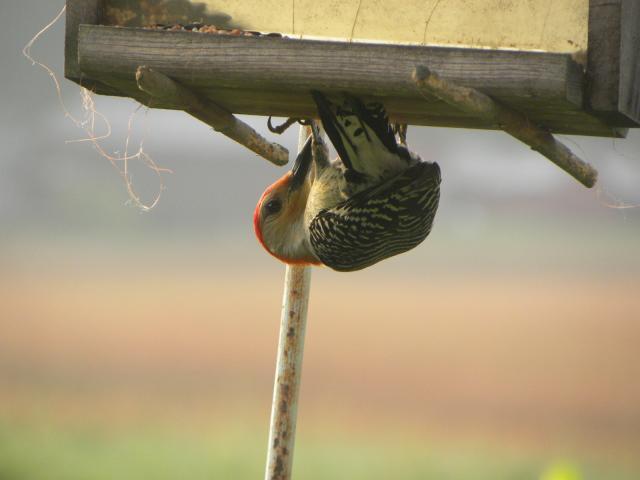Keep the larvae out of your mouth and you should fine. Not too difficult or scary when you think about it.
If you do swallow a BSFL, and it survives, I believe the extent of the issue is vomiting and diarrhea. I think that pseudo-myasis by BSF is rare in the extreme and also has no lasting or drastic consequences. However, I'm not a doctor or an entomologist so if someone can find evidence that disagrees with my assessment I would appreciate a link.
If you do swallow a BSFL, and it survives, I believe the extent of the issue is vomiting and diarrhea. I think that pseudo-myasis by BSF is rare in the extreme and also has no lasting or drastic consequences. However, I'm not a doctor or an entomologist so if someone can find evidence that disagrees with my assessment I would appreciate a link.


